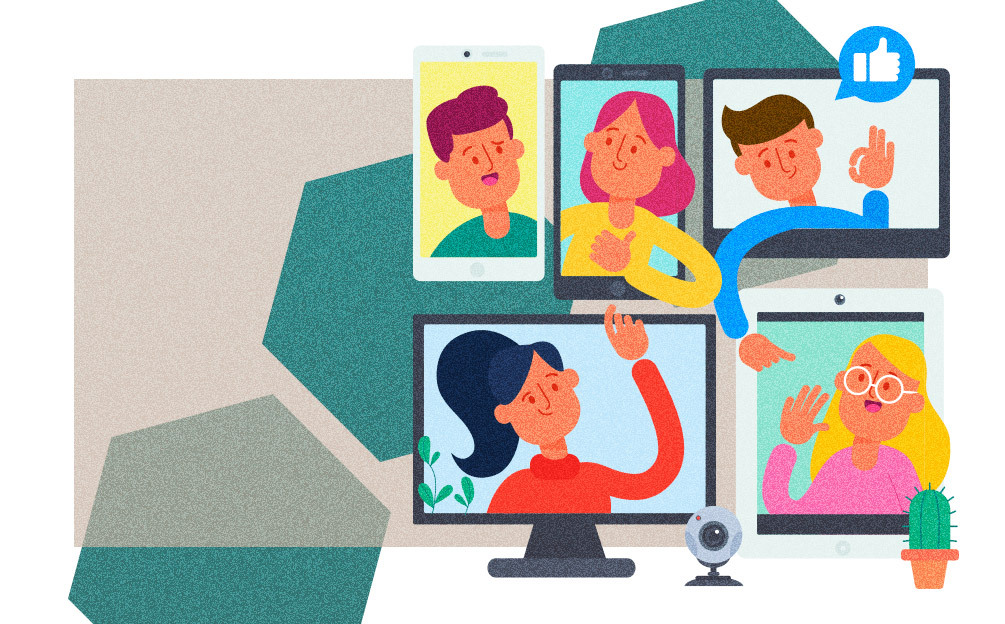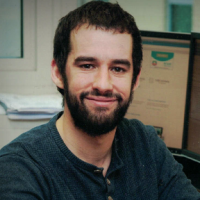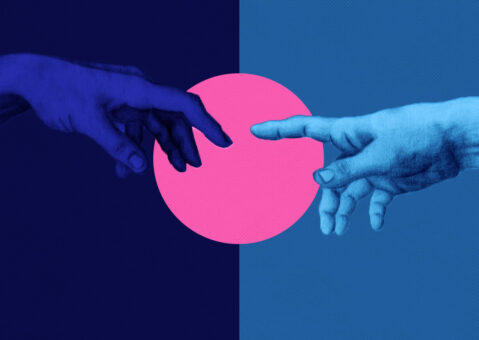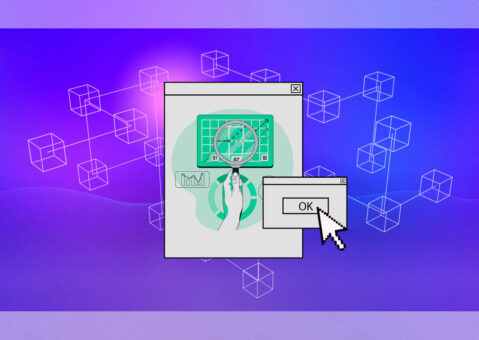Exploring models for a more cooperative distribution of tasks in Amara On Demand
In P2P Models we are trying to experiment what are the consequences of gradually shifting the power of decision-making (governance) of the rules that determine the distribution of value to the members of crowdsourcing communities.
To do so, we have developed partnerships with different organisations that are, at the same time, case studies. As we have pointed out in previous publications, we want to explore and contribute to the development of worker-centric crowdsourcing platforms, while also contributing to improving our understanding of how crowdsourcing platforms might support social relationships in these contexts rather than just capitalise them. We are using workshops for co-designing the tools with the community, blockchain-based tools in this case.
In this post, we will summarise the process we have carried out to organise the first of our workshops to co-design blockchain-based tools with Amara On Demand. Normally, we would have carried out the workshop face-to-face. However, because of the coronavirus outbreak, we had to adapt it to the online medium.
What is Amara?
Amara is a project of the nonprofit Participatory Culture Foundation (PCF), aiming to make online content accessible. The Amara project provides an open and collaborative platform for the creation of subtitles drawing on crowdsourcing through volunteer engagement, such as the subtitles of TED Talks. Starting in 2015, Amara On Demand (AOD) was created as part of the Amara project to offer the possibility of hiring on-demand services for the creation of subtitles and translations. In this way, linguists are remunerated for tasks such as subtitling, translating, captioning, and reviewing videos and text files. AOD grew into a nonprofit sustainability program for PCF: drawing on tools within Amara but using unique organisational structures and production processes.
How did we identify our intervention point?
Drawing on a qualitative approach, we carried out two data collections to improve our understanding of (1) the needs of the linguists in AOD and (2) the inner workings of the workflow and the current system of value distribution. Through the analysis of semi-structured interviews and a literature review, we identified several possible “points of intervention” where the development of blockchain-based tools could potentially help to improve the workflow and wellbeing of the community. From all of them, we decided to choose task allocation as the first intervention point, since it emerged as the main category in the analysis and it was subsequently validated by key informants of Amara on Demand.
One of the crucial aspects which emerged from this data analysis was the role played by the “first-come, first-served policy”, which embeds the logic of the current task allocation. As a result, for example, some linguists are continually checking to find work. These and other issues related to the competitive dynamics in crowdsourcing platforms have been identified and discussed more generally in other projects, such as in the work of Mary Gray and Siddharth Suri “Ghost Work: How to Stop Silicon Valley from Building a New Global Underclass”. This policy creates a competitive dynamic between workers to assign tasks to themselves. Overall, the logic needs to be understood in an environment with an inconsistent workload.
“
We decided to choose task allocation as the first intervention point, since it emerged as the main category in the analysis and it was subsequently validated by key informants of Amara on Demand.
What are we experimenting with?
As a result of the data analysis, we identified a set of potential parameters which we can potentially experiment with. Examples include the amount of work carried out by a linguist over a certain period, to distribute the workload similarly among the linguists; the time zone, to provide similar opportunities no matter what time zone the linguist is; or parameters derived from a reputation system, such as peers’ evaluations from a linguist’s previous work. However, based on our co-design approach, we believe it is more appropriate to identify such parameters and alternative models through a series of co-design workshops. This will enable a richer and closer perspective from the point of view of the linguists to be embedded in the tools. Our strategy is in line with our more general approach to embed commoning practices into these experimental blockchain-based tools.
The identified parameters will determine rules to be codified in the form of smart contracts: small snippets of code which are uploaded to a blockchain and automatically enforced in a decentralised manner. Sets of smart contracts embedding different allocation forms will result in a P2PModels-Amara DAO (Decentralised Autonomous Organisation). A DAO is commonly defined as a self-governed organisation controlled by its embedded set of rules, implemented in the form of smart contracts. This may be understood as analogous to a legal organisation, with legal documents that define the rules of interaction among members. Similarly, the DAO members’ interactions are mediated by the rules embedded in the code. The rules are automatically enforced by the underlying technology: the blockchain. Future experimentation will consist of an evaluation of the impact generated in the practices of AOD linguists while employing different forms of task allocation, defined by them within these workshops, whose logics are embedded within these DAOs.

The first workshop
In the last week of June we organised a co-design workshop with AOD linguists to better identify the parameters and possible alternative logics to allocate tasks in more cooperative ways.
The workshop was divided into two parts. The first part consisted of two sessions focussed on group dynamics. The aim of these dynamics was to co-create and imagine the future of Amara on Demand task allocation considering workers’ needs. The selection criteria for the participants have been as follows:
- Similar language direction: the participants should belong to the same language group. We chose English > Portuguese-Brazilian and vice versa since it is the group with the highest organisational complexity and most of their members are based in the Global South,
- Gender: at least 50% of the participants should be women,
- Variety in degrees of experience with AOD,
- Variety in working with different platforms beyond AOD.
Our main goal during these dynamics was to identify alternative models for the distribution of tasks, considering the needs of the linguists, from which to experiment with blockchain-based tools. After the group dynamics sessions, we conducted the second part: individual user testing sessions of an already developed blockchain-based prototype which embeds the current “first-come, first-served” logic. The main goal of these user tests is to identify the limitations of blockchain-based tools regarding the user experience while the tools remain to embed the current logic.
Vision: towards a more cooperative collaborative economy
Beyond this first workshop and initial prototypes, our ultimate goal consists of experimenting with a gradual shifting of the power of decision-making (governance) of the rules that determine the distribution of value to the members of crowdsourcing platforms. Hegemonic crowdsourcing platforms, such as Amazon Turk, embed a logic in which workers are seen as a random passive object from which bits and pieces are sourced. Throughout this experimentation with Amara, we aim to foster more cooperative crowd models, in which the producers progressively become owners of the means of production and the fruits of their labour are expressions of self-realisation, as has been pointed out by Karin Hansson, Thomas Ludwig and Tanja Aitamurto.
We hope that this workshop and our overall research has an impact beyond Amara and to a broader set of areas of the collaborative economy. Similar DAOs owned by cooperatives of workers which distribute tasks and value according to the agreements reached by them could be envisioned for a myriad of areas. An example could be a platform-based cooperative of taxi drivers organised around a DAO. The DAO could distribute and monitor rides and payments according to the rules defined by the workers within their specific context. Indeed, projects such as Eva Coop are already pointing towards this direction. In other words, we aim to explore and contribute to the development of worker-centric crowdsourcing platforms and, more generally, to that of platform cooperativism within the context of blockchain-based tools which embed commoning practices.
AUTHOR

[icon name=”twitter” class=”” unprefixed_class=””] David Rozas Domingo
Geeky Sociologist





